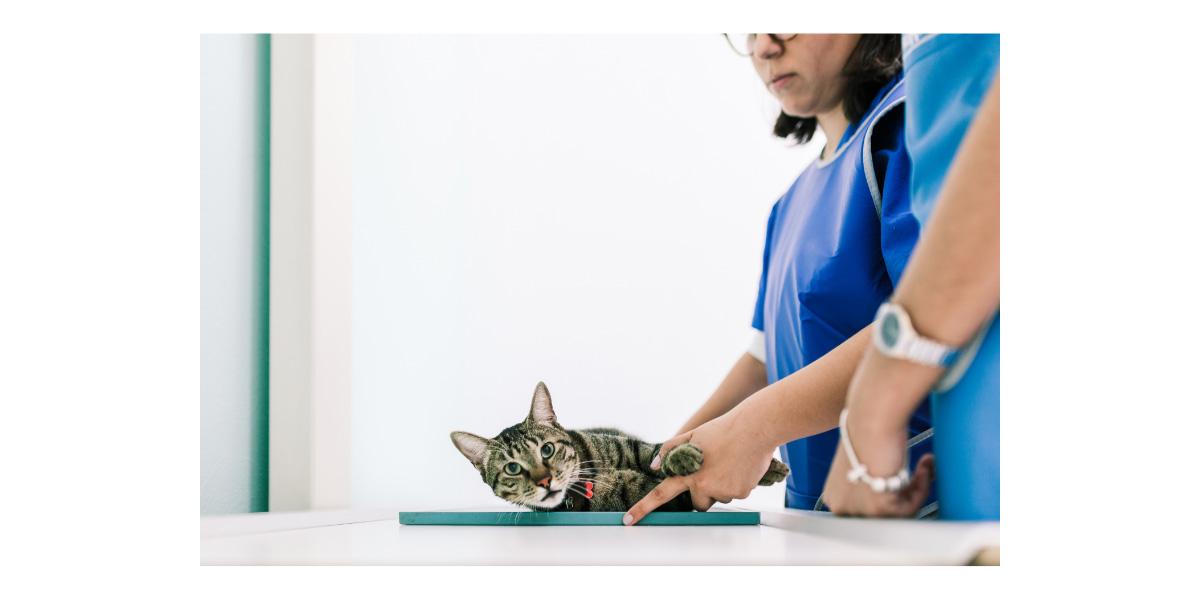Should I Get My Pet Tested For Coronavirus?
Doctor of Veterinary Medicine

While efforts are made to answer all questions as quickly as possible, if an immediate answer is required or if your pet is in need of urgent or emergency care, contact your pet's veterinarian immediately.
Doctor of Veterinary Medicine

You will receive an answer from Dr. Lindsay and our vet/tech team as soon as possible, usually the same day.
All answers are provided for informational or educational purposes only, and are intended to be a supplement to, and not a substitute for, the expertise and professional judgment of your pet's veterinarian.
It may be necessary to consult your pet's veterinarian regarding the applicability of any opinions or recommendations with respect to your pet's symptoms or medical condition.
CloseDoctor of Veterinary Medicine

An error has occurred, please reload the page and try again.
CloseWhile efforts are made to answer all questions as quickly as possible, if an immediate answer is required or if your pet is in need of urgent or emergency care, contact your pet's veterinarian immediately.
There is no answer related to your question

Have you been wondering if your pet may have contracted COVID-19 from you or someone in your household?
Though the virus does not seem to replicate in animals the same way it does in humans, a few pets have experienced mild symptoms and even tested positive. Experts maintain that there is no evidence that pets can transmit the virus to their human family members.
COVID-19 tests for pets are soon going to be available at veterinary offices. Since the virus' effect on pets is relatively mild and uncommon, pets will only need to be tested under certain circumstances.
Which Animals Are Susceptible To COVID-19?
A recent study suggests that the virus replicates poorly in dogs, pigs, chickens, and ducks, but ferrets and cats are more susceptible.
So far, two cats in the United States have tested positive for the virus. The first cat lives in a household with humans who tested positive for the virus. As for the second cat, it has not been confirmed whether their humans were asymptomatic, or if they may have contracted the virus from someone outside the home. Both cats have mild symptoms and are expected to make a full recovery.
A pug named Winston has tested positive for COVID-19 in North Carolina. Winston's human family members had symptoms of the virus and have since recovered. Winston had mild symptoms and has also recovered. He lives with a cat and another dog, who have tested negative for the virus.
What we know: a total of three household pets have tested positive for COVID-19 in the United States. None have had severe symptoms, and experts maintain that there is no evidence that pets can transmit the virus to humans. Even so, it's best to keep your pets away from anyone who does not live in your household while we are still learning about the virus and how it spreads.
Your pet may need to be tested for COVID-19 if:
- You or someone in your household has tested positive for COVID-19.
- Your pet is showing symptoms, which include a dry cough.
- Other respiratory infections have been ruled out.
A company called IDEXX has started to distribute COVID-19 tests to veterinary offices throughout the country, so your vet may soon have testing available. Call your veterinarian if you suspect your pet should be tested.
 Swipe
Swipe



























